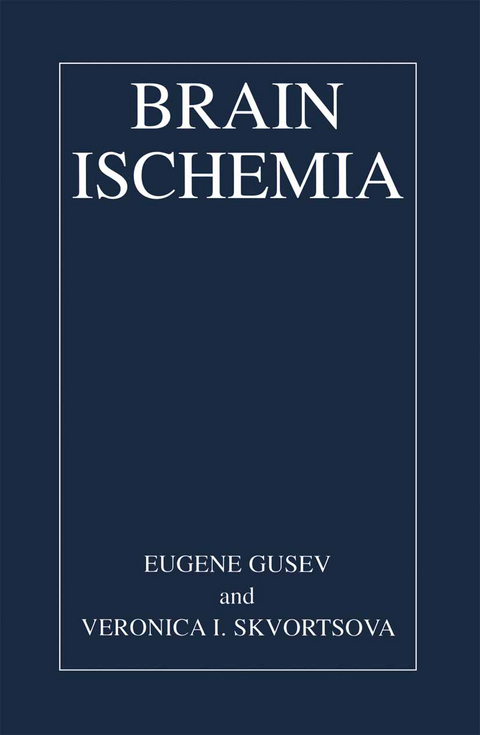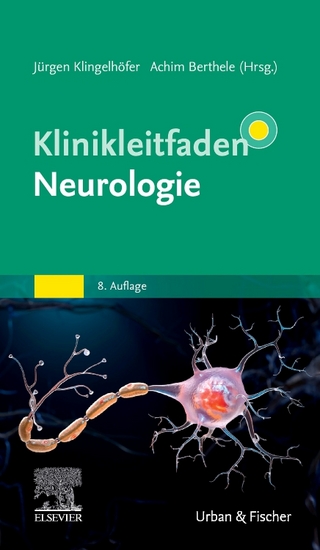
Brain Ischemia
Kluwer Academic/Plenum Publishers (Verlag)
978-0-306-47694-5 (ISBN)
I. Mechanisms of Ischemic Brain Damage.- 1. Hemodynamic Events Associated with Acute Focal Brain Ischemia and Reperfusion. Ischemic Penumbra.- 2. Cellular Reactions in Response to Acute Focal Brain Ischemia.- 3. Energy Failure Induced by Brain Ischemia.- 4. The Glutamate-Calcium Cascade.- 5. Metabolic Acidosis and Ischemic Damage.- 6. Delayed Neuronal Death Following Acute Focal Brain Ischemia.- 7. Gene Expression and Subsequent Molecular Events in Response to Acute Brain Ischemia.- 8. Microglial Activation, Cytokine Production, and Local Inflammation in Focal Brain Ischemia.- 9. Autoimmune Mechanisms of Trophic Dysfunction and Ischemic Brain Damage.- 10. Programmed Cell Death. Apoptosis in Focal Brain Ischemia.- 11. Reaction of the Stress-Mediating Endocrine System in Response to Acute Brain Ischemia.- 12. Molecular Mechanisms of Post-Ischemic Reparation Events.- II. Neuroprotection in Brain Ischemia.- 13. Modern Therapeutic Approaches to Acute Focal Brain Ischemia. Basic Strategies for Neuroprotection.- 14. Primary Neuroprotection.- 15. Secondary Neuroprotection.- 16. Reparative Therapy.- 17. Strategies and Prospects for Development of Neuroprotective Therapy for Brain Ischemia.- Conclusion.
| Erscheint lt. Verlag | 30.4.2003 |
|---|---|
| Zusatzinfo | XIV, 382 p. |
| Verlagsort | New York |
| Sprache | englisch |
| Maße | 152 x 229 mm |
| Themenwelt | Medizin / Pharmazie ► Medizinische Fachgebiete ► Neurologie |
| ISBN-10 | 0-306-47694-0 / 0306476940 |
| ISBN-13 | 978-0-306-47694-5 / 9780306476945 |
| Zustand | Neuware |
| Informationen gemäß Produktsicherheitsverordnung (GPSR) | |
| Haben Sie eine Frage zum Produkt? |
aus dem Bereich


